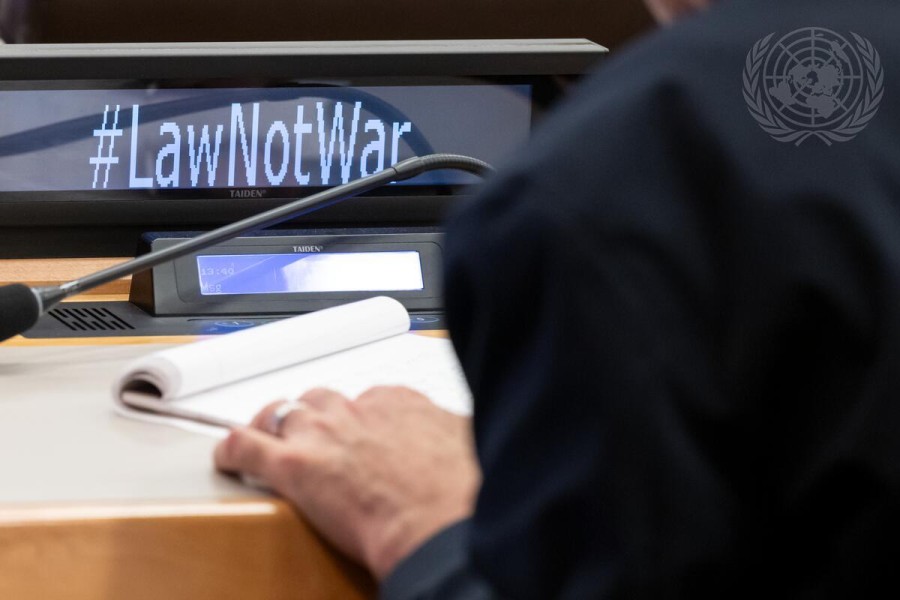July 17, 2023, marked 25 years since the Rome Statute was adopted at a conference in Rome, Italy. The statute created the world’s first permanent international court, the International Criminal Court (ICC), which was probably the most significant milestone in international criminal justice since the Nuremberg and Tokyo trials of the mid-20th century. It signaled the firm intention of many nations to address ongoing impunity of the most serious crimes known to humankind. After 25 years, the ICC is now an established part of the global justice landscape, however it has not yet reached its full potential.
While slow out of the gate, the ICC, according to its published records, has pursued war crimes charges in 22 cases, crimes against humanity charges in 16 cases, and a genocide charge in 1 case. Since its inception, the court has dealt with 31 cases involving 51 defendants, of whom 10 were convicted, 4 were acquitted and 7 are currently in ICC custody. Cases involving 24 defendants have been closed. Currently, 7 defendants are facing trial, while another 15 are in the pre-trial stage. In cases involving 5 defendants, reparations and compensation are being pursued. Although these numbers are small in comparison with the cases handled and adjudicated by international criminal tribunals, as well as some hybrid courts, the ICC is arguably beginning to have an impact on global justice.
Few international bodies have had to deal with the magnitude of challenges that the ICC has faced. These include obstacles related to institutional capacity and competence, budgetary constraints, and a lack of cooperation from various state parties in relation to enforcement. The Rome Statute moreover limits the court’s discretion to take up cases. In dealing with some of the most pressing cases of the day, its ability to act remains at the whim of UN Security Council, which rarely agrees on matters pertaining to international justice. The most powerful nations, as well as several countries involved in ongoing conflict, remain outside the court’s jurisdiction. Nonetheless, the ICC has found ways to take up some cases involving the conduct of non-state parties, such as Myanmar and Russia.
In its application of the principle of complementarity in the Colombian context, the court has demonstrated some sophistication in recognizing that domestic justice does not always have to assume the character of formal retributive justice. This approach serves to encourage the development of innovative transitional justice interventions best suited to building sustainable peace and strengthening the rule of law in fragile contexts.
However, some decisions of the ICC’s Office of the Prosecutor (OTP) have raised questions about its competence and whether or not it is subject to political manipulation. The OTP’s decision to indict high profile suspects in the Kenyan case (arising from the post-election violence in 2007-2008) before securing the necessary evidence and guaranteeing the safety of key witnesses, suggested poor decision making, if not downright incompetence. The decisions not to proceed with the investigations of war crimes in Iraq and Afghanistan because of “viability and budgetary” concerns, but to go ahead with an investigation into war crimes in Ukraine opens up the OTP to serious allegations of double standards.
Notwithstanding the shortcomings and missteps, the ICC has become an important part of the global justice order. It is an opportune time for the ICC to take stock and reflect critically on its performance over the past 25 years. Victims of atrocity crimes need the ICC to become a reliable and credible force in international justice, now more than ever.
_____________
PHOTO: A hashtag message appears on a screen at the ministerial side event celebrating the 25th anniversary of the Rome Statute, titled “The ICC and the Crime of Aggression: In Defense of the UN Charter.” The meeting was part of a series of events at the United Nations in New York marking the anniversary. (Mark Garten/UN Photo)

